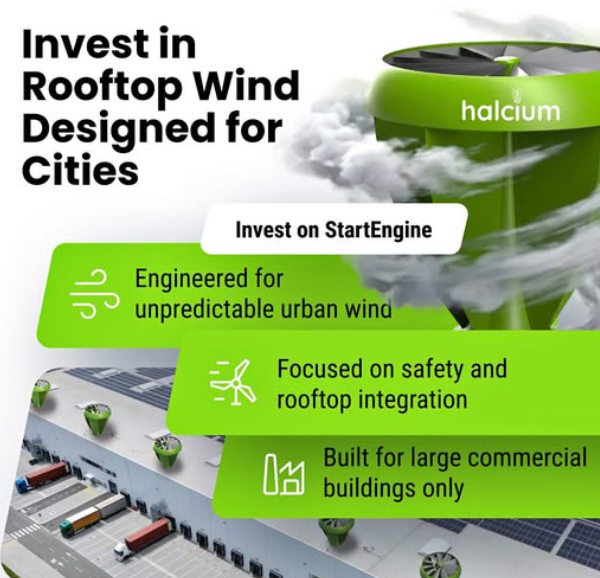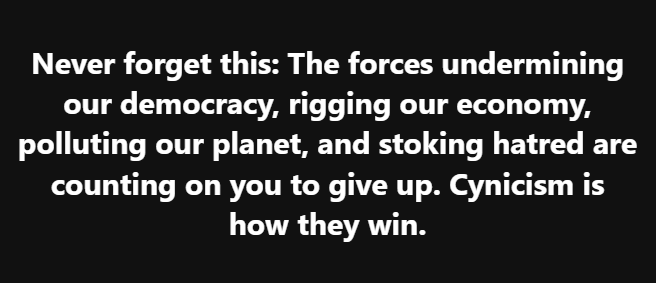-
Supply Chain & Trade -
Press Releases
New Analysis: How New Tariffs Could Undermine America’s Solar Progress
WASHINGTON, D.C. – Potential new tariffs resulting from the antidumping and countervailing duty (AD/CVD) investigations into solar cells and modules imported from Cambodia, Malaysia, Thailand, and Vietnam could increase costs to a level that significantly restricts solar supply and installations in the U.S., impeding America’s ability to create jobs, provide clean, affordable energy, and achieve climate targets, according to an analysis released today on the potential impacts of new tariffs on the solar industry.
Commissioned by the American Council on Renewable Energy (ACORE), the new Clean Energy Associates analysis outlines how the U.S. solar sector is currently in good health with a fast-emerging domestic solar manufacturing supply chain. However, the imposition of new, unpredictable AD/CVD duties on solar cells and panels from Southeast Asia could raise U.S.-made module costs by 10 cents per watt and imported module costs by 15 cents/watt. These higher prices implemented on top of other headwinds, including domestic factors and trade restrictions already in place and impacting the industry’s trajectory, could seriously hinder America’s progress on solar deployment.
To meet the government’s target of a 50-52% reduction in greenhouse gas emissions by 2030, the U.S. solar industry must increase from 177 gigawatts (GW) of installed capacity to over 500 GW.
“Today, solar is one of the most affordable and reliable energy sources we have to power our economy,” said ACORE President and CEO Ray Long. “Injecting uncertainty into the market slows economic growth and the good-paying jobs clean energy creates, undermines U.S. climate objectives, and will inevitably raise energy costs for American families. This is not an appropriate course of action and could unintentionally cede U.S. leadership in the solar industry to other countries.”
While the U.S. is actively building its solar module manufacturing capabilities, the researchers explain how more time is still needed, particularly to build cell capacity, to meet demand. Imposing additional tariffs on solar cells will likely harm American module manufacturers, who must rely on imported solar cells to meet their current production needs. The analysis conveys how this could undercut the buildout of a strong domestic solar supply chain and jeopardize U.S. factories and the jobs they support.
Data in the new analysis shows how solar prices have already started to spike since the petitions were filed with the U.S. Department of Commerce and U.S. International Trade Commission on April 24. Click here to download Potential Impacts of the 2024 Antidumping and Countervailing Duties on the U.S. Solar Industry.
###
About ACORE:
For over 20 years, the American Council on Renewable Energy (ACORE) has been the nation’s leading voice on the issues most essential to renewable energy expansion. ACORE unites finance, policy, and technology to accelerate the transition to a renewable energy economy. For more information, please visit www.acore.org.
Media Contacts:
Alex Hobson
Sr. Vice President, Communications
American Council on Renewable Energy
hobson@acore.org | 202.830.3592 (o) | 202.594.0706 (c)
Shawna Seldon McGregor
shawna@themaverickpr.com
917.971.7852
The post New Analysis: How New Tariffs Could Undermine America’s Solar Progress appeared first on ACORE.
https://acore.org/news/new-analysis-how-new-tariffs-could-undermine-americas-solar-progress/
Renewable Energy
Rooftop Wind
 My doctor, who knows that I understand physics and renewable energy in particular, asked me today what I thought about wind turbines on boats.
My doctor, who knows that I understand physics and renewable energy in particular, asked me today what I thought about wind turbines on boats.
I explained that, since boats need their own ways to generate electricity, what is called “small wind” may make sense. Most ships have diesel-powered generators, and that’s an option for smaller craft as well, and solar is not an attractive option because of the small area.
Doctors generally don’t have time to kill, but he asked me further about small wind, to which I explained:
Because the area of a circle is proportional to the square of the radius, big is better. If you can build a turbine with a radius 100 times larger than a small one, you’re going to generate 10,000 time more power.
Because the power generated by a turbine is proportional to the cube of the wind’s velocity, if you can site a turbine in wind conditions that are 10 times those on your rooftop, with trees and other buildings slowing the wind down, you’re going to generate 1000 times more power.
So, as usual, the answer resides in physics and math. 1000 times 10,000 is 10 million, which is why we see huge turbines on structures that lift huge turbines high above the ground, and it’s why the small wind industry has essentially disappeared.
If you don’t understand elementary school math and high school science, and you have money to burn, the investment offered at left may be right for you.
Renewable Energy
Fox News and its Effects on American Civilization
 It’s interesting that there is no Fox News (or equivalent) in Canada.
It’s interesting that there is no Fox News (or equivalent) in Canada.
The Canadians have protections of free speech that are very similar to ours in the States, and, like the U.S., these rights are not absolute. One difference is that Canada prohibits gross misrepresentation, which, in this case means that presenting opinions and calling it “news” is against the law. Lies are fine; calling them “news” is not.
A possible name for a show with the same content might be “Conservative Viewpoints” or “The Way the Right Wing Sees the World.”
Where Canada protects its people from malicious bullshit, in America we say, “Money talks.”
Renewable Energy
Apathy in the Midst of Treason
 Former Labor Secretary Robert Reich makes an excellent point at left.
Former Labor Secretary Robert Reich makes an excellent point at left.
The constant onslaught of distractions coming out of Trump’s mouth is calculated make us give up striving for truth, honesty, and environmental responsibility.
We mustn’t quit.
-
Greenhouse Gases7 months ago
Guest post: Why China is still building new coal – and when it might stop
-
Climate Change7 months ago
Guest post: Why China is still building new coal – and when it might stop
-

 Greenhouse Gases2 years ago
Greenhouse Gases2 years ago嘉宾来稿:满足中国增长的用电需求 光伏加储能“比新建煤电更实惠”
-
Climate Change2 years ago
Bill Discounting Climate Change in Florida’s Energy Policy Awaits DeSantis’ Approval
-
Climate Change2 years ago
Spanish-language misinformation on renewable energy spreads online, report shows
-

 Climate Change2 years ago
Climate Change2 years ago嘉宾来稿:满足中国增长的用电需求 光伏加储能“比新建煤电更实惠”
-
Climate Change Videos2 years ago
The toxic gas flares fuelling Nigeria’s climate change – BBC News
-

 Carbon Footprint2 years ago
Carbon Footprint2 years agoUS SEC’s Climate Disclosure Rules Spur Renewed Interest in Carbon Credits



